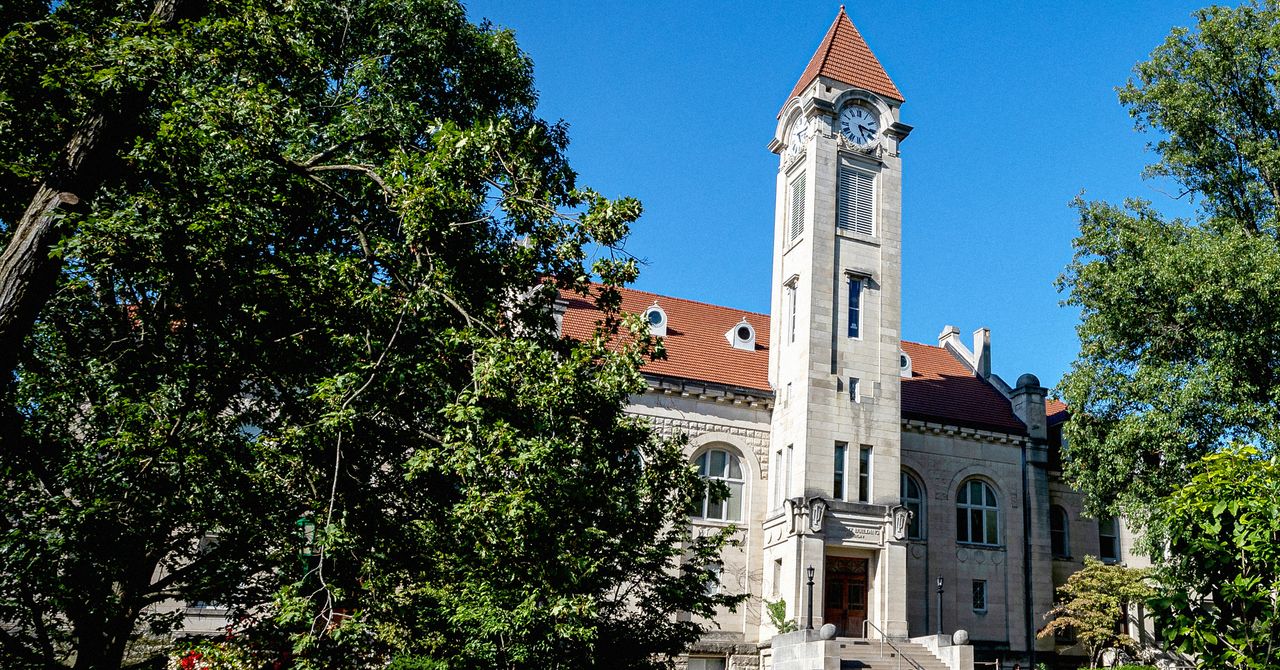
US representative Grace Meng of New York, who gave a keynote speech at the event, said she’s concerned about efforts by the current US presidential administration to reinstate the China Initiative, which “did nothing to meaningfully address national security concerns and instead created a deep chilling effect on research and scientific innovation, as well as ruining the lives and livelihoods of those who were falsely charged.”
Chris Bavender, a spokesperson for the FBI, declined to comment. Indiana University did not immediately respond to a request for comment. The school said in a previous statement that “at the direction of the FBI, Indiana University will not make any public comments regarding this investigation. In accordance with Indiana University practices, Indiana University will also not make any public comments regarding the status of this individual.”
WIRED first reported that IU had allegedly been probing whether for months he received unreported research funding from China. Indiana University contacted Wang in December to ask about a 2017-2018 grant from a Chinese source that allegedly listed Wang as a researcher, according to an unsigned statement seen by WIRED that appeared to be written by Purdue University professor Ninghui Li, a longtime collaborator of Wang.
The statement said that the author believed IU was concerned that Wang allegedly failed to properly disclose the funding to the university and in applications for US federal research grants. It also said that Wang had apparently recently accepted a position with a university in Singapore.
On March 28, IU terminated Wang’s job via an email sent by provost Rahul Shrivastav, which WIRED obtained and was first reported by The Indiana Daily Student. The email also said it was understood that Wang had recently accepted a position with a Singaporean university.
Wang is one of the best-known researchers in the field of privacy, data security, and biometric privacy. Over the years, he has received funding from a variety of federal sources, including the US National Science Foundation, National Institutes of Health, the US Defense Advanced Research Projects Agency, and the US Army Research Office, according to a WIRED review of his academic publications.
Chen, the MIT professor, said that what happened to Wang is having broader impacts on the academic research community and could potentially deter scholars from working with international collaborators. “It is clear that such events, together with legislation and hostile rhetorics, are driving out our talents, deterring [researchers] from coming, and harming US competitiveness and national security,” he said.





